Planning a trip to Curaçao? Any traveler’s safety should be their main priority. From property-related crimes to animated traffic and natural hazards, it’s essential to stay informed and take precautions.
We’ll provide you useful tips in this article on how to travel worry-free. We’ll cover common safety concerns, emergency contacts, general safety tips, Curaçao safety reputation, local laws and customs, and what to do in case of an emergency.
You’ll be well-equipped with these suggestions for a secure and enjoyable trip to this charming Caribbean island.
Common Safety Concerns
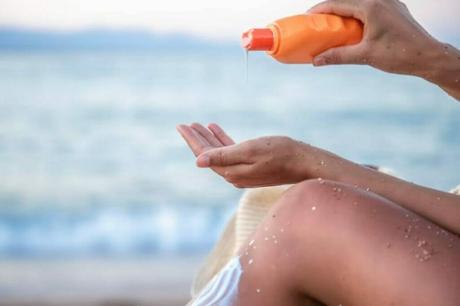
When it comes to ‘Safety in Curaçao’, there are several common concerns that tourists might have. Crime, while not rampant, does exist, as in any tourist destination. It’s most often property-related – petty thefts and burglaries. The main areas affected are often remote beaches and poorly lit areas after dark.
The second concern can be related to traffic. Despite its relaxed Caribbean ambiance, Curaçao can present quite an animated driving environment. Local driving habits can sometimes seem erratic to foreigners. Because of this, if you wish to rent a car, be ready for a certain driving culture.
Natural hazards can pose another safety concern. Despite the island’s beauty, some potential risks include strong ocean currents and rugged terrain. While enjoying the beautiful beaches, always be aware of the current and never swim alone. Similarly, when exploring Curaçao’s wilder landscapes, stick to marked trails and wear appropriate footwear.
Finally, it is critical to consider health-related safety. Sunburn, dehydration, or seasickness can all put a damper on your vacation if you’re not prepared. Remember to stay hydrated, wear sun protection, and consider taking anti-seasickness medication if you plan to go boating or diving.
Emergency Contacts
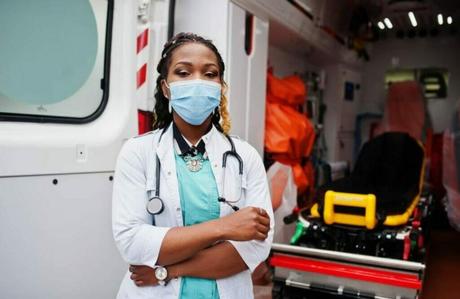
In the unfortunate event that you experience an emergency while visiting Curaçao, you should have several crucial contacts on hand. 911 is the general emergency number for police, fire, and ambulance services, same like in the United States.
For non-emergency police assistance, dial 108. This number can be used to report minor crimes or seek police assistance when it’s not an urgent matter. However, bear in mind that depending on the situation and location, response times may change.
For medical concerns, the St. Elisabeth Hospital (known as “Sehos”) in Willemstad can be reached at +5999 462-4900. It’s the largest and most comprehensive medical facility on the island. Additionally, there are several smaller clinics and pharmacies throughout Curaçao that can assist with minor medical needs.
Last but not least, it’s a good idea to know how to get in touch with the Curaçao embassy or consulate of your own country. They can help with lost or stolen passports, legal problems, and other important situations.
Tips for Safe Travel
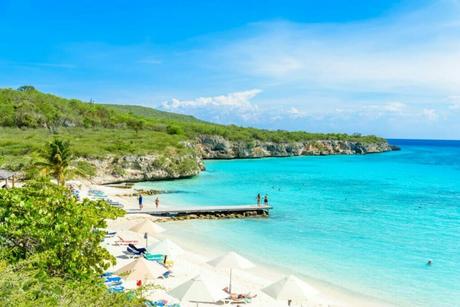
Now that we’ve covered common safety issues and emergency contacts, let’s go over some basic safety precautions to guarantee a worry-free vacation to Curaçao.
Firstly, practice common sense. Don’t leave valuables unattended, lock your car and accommodation doors, and avoid poorly lit or deserted areas at night. This goes a long way in preventing the most common crimes targeted at tourists.
Second, make sure you are familiar with local driving laws if you opt to rent a car. Driving in Curaçao might be a bit different than what you’re used to, so stay alert, especially at intersections and roundabouts where local drivers may not always yield.
When it comes to natural hazards, respect the power of nature. Pay attention to weather conditions when planning your activities. If you have any doubts regarding the safety of a specific beach or hiking trail, don’t be afraid to approach locals or your lodging staff for assistance.
Lastly, maintain good health practices. Keep yourself hydrated and use sunscreen, especially if you’re engaging in strenuous activities. If you’re planning on participating in water sports or boat trips, consider taking preventative measures against seasickness.
Curaçao’s Safety Reputation
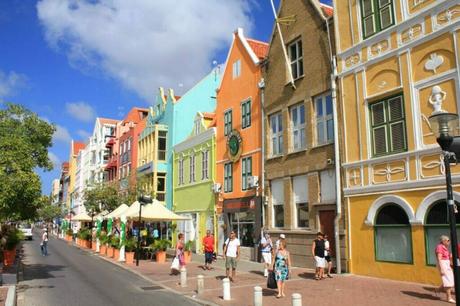
Curaçao has a relatively high reputation for safety, especially when compared to other Caribbean locations. While not immune to crime, the island country is regarded as one of the safest Caribbean vacation destinations.
Curaçao has a low crime rate when comparedIn addition, the Curaçao government makes a concerted effort to preserve its tourist business, which includes protecting the safety and security of its visitors.
However, just like any travel destination, safety can often be subjective and dependent on personal experiences. Some visitors may report feeling extremely safe throughout their stay, while others might have encountered situations where they felt otherwise. It’s essential to remember that experiences can vary.
Despite these varying experiences, the consensus remains that Curaçao is generally safe, particularly if visitors exercise regular safety precautions. Following local advice, respecting cultural norms, and staying informed about the areas you plan to visit are all steps towards a secure and enjoyable vacation.
Local Laws and Customs
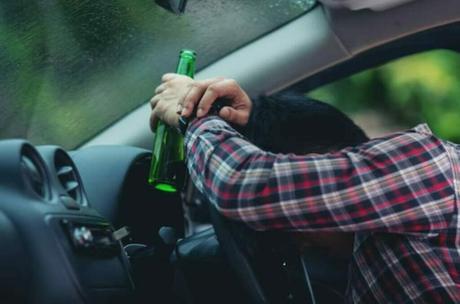
Understanding Curaçao’s local laws and customs is key to ensuring a trouble-free trip. Drug laws, for instance, are strict in Curaçao.
Possession, usage, or trafficking of prohibited narcotics can result in significant penalties or imprisonment.
Public intoxication is discouraged even though alcohol is easily available and commonly consumed at social functions.
Drunk driving is a serious offense that carries serious consequences, including possible jail time. As a result, if you intend to drink, have a designated driver or utilize a cab service.
Dress codes in Curaçao are relatively relaxed, especially in tourist areas. However, when visiting religious sites or more traditional communities, dressing modestly is appreciated. Bikinis, swim trunks, and other revealing clothing are best left for the beach.
Public behavior is generally relaxed in Curaçao, but offensive language or gestures can lead to misunderstandings or even legal trouble. It’s always a good idea to observe how locals interact and follow suit.
What To Do in Case of an Emergency
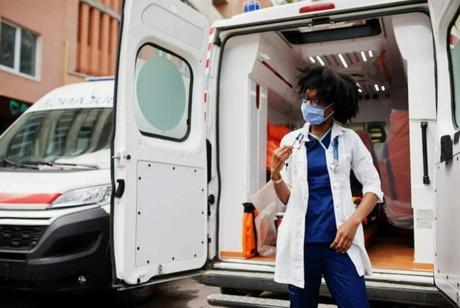
Despite best-laid plans, emergencies can happen. Knowing what to do may make or break your situation. Call 911 right away if there is a medical emergency, and then take care of the patient’s comfort until help arrives. If you’re unsure what to do, there are often operators trained in emergency medical guidance who can assist over the phone.
If the emergency is security-related, such as an assault or a theft, your first call should be to the police by dialing 911 or 108 for non-emergencies. Be as precise as you can about the incident and the offender(s).No matter how little the offense may seem, it is imperative that it be reported.
It is essential to abide by local authorities’ directions in the case of a natural disaster or severe weather occurrence. Curaçao is outside the primary hurricane zone, but it can still be affected by tropical storms and heavy rains. Stay informed about the weather situation during your stay, especially during the wet season from October to February.
Lastly, remember to keep the contact details of your home country’s embassy or consulate handy. They can provide assistance in situations like lost or stolen passports, legal issues, or even repatriation in severe cases.
Curacao Safety FAQ
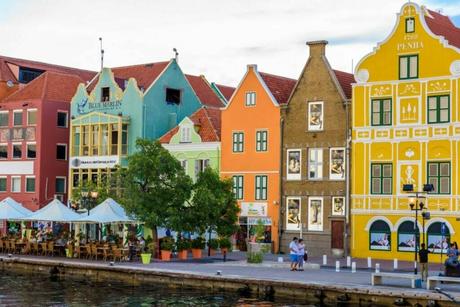
Is it safe to go to Curaçao?
Curaçao is generally considered a safe destination for tourists. While crime exists, it is primarily property-related, such as petty thefts and burglaries.Curaçao’s government aggressively tries to maintain tourist safety and security, and the island’s crime rate is very low when compared to other Caribbean locations. Travelers should use care, be aware of their surroundings, and take steps to protect their valuables.
Where to avoid in Curaçao?
While Curaçao is a safe destination overall, there are certain areas that travelers may want to exercise caution in. Remote beaches and poorly lit areas after dark can be more prone to property-related crimes, so it’s advisable to be vigilant in those locations. Seek local guidance and be educated about specific places or communities with greater crime rates or safety issues.
What are the issues in Curaçao?
Curaçao, like any other tourist location, has its difficulties and issues. Common concerns include property-related crimes such as theft and burglary, traffic can be animated and may require extra attention, and there are natural hazards such as strong ocean currents and rugged terrain. The need to be aware of health-related safety risks including sunburn, dehydration, and seasickness cannot be overstated.

